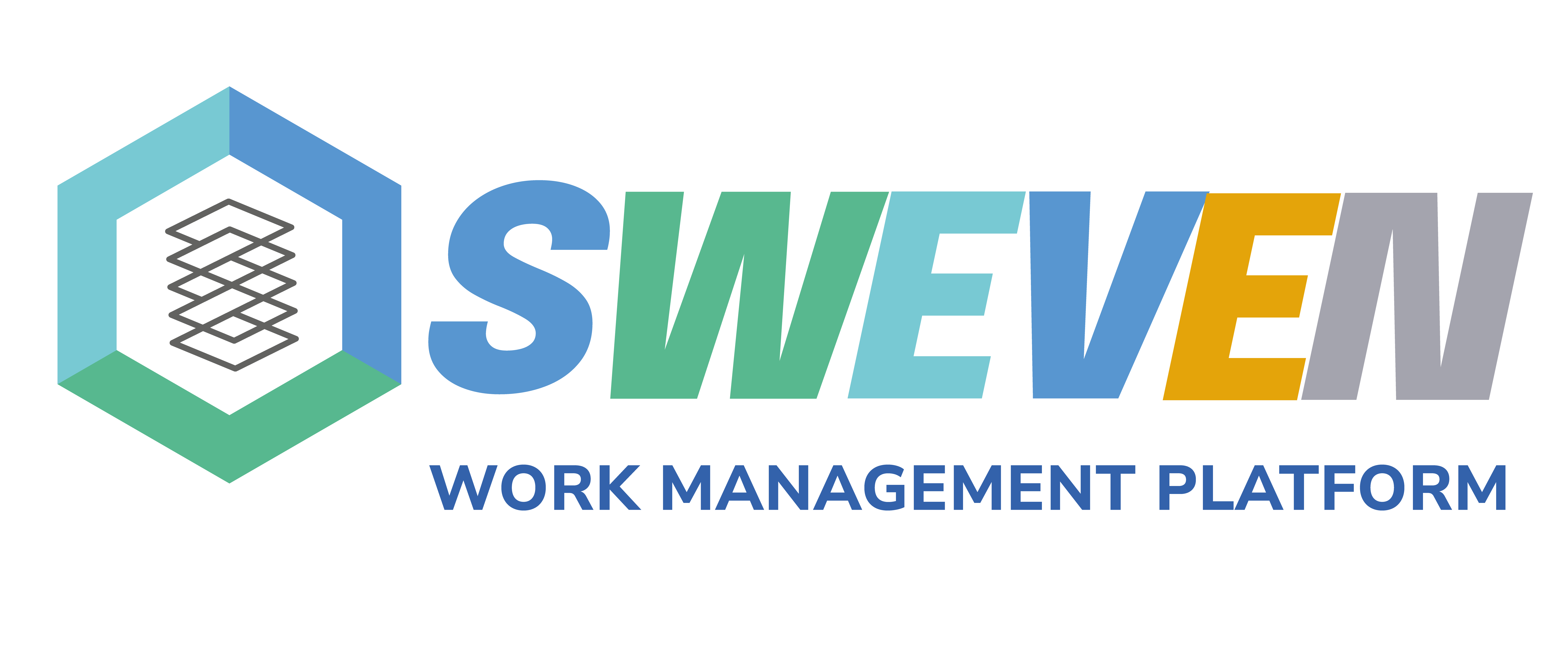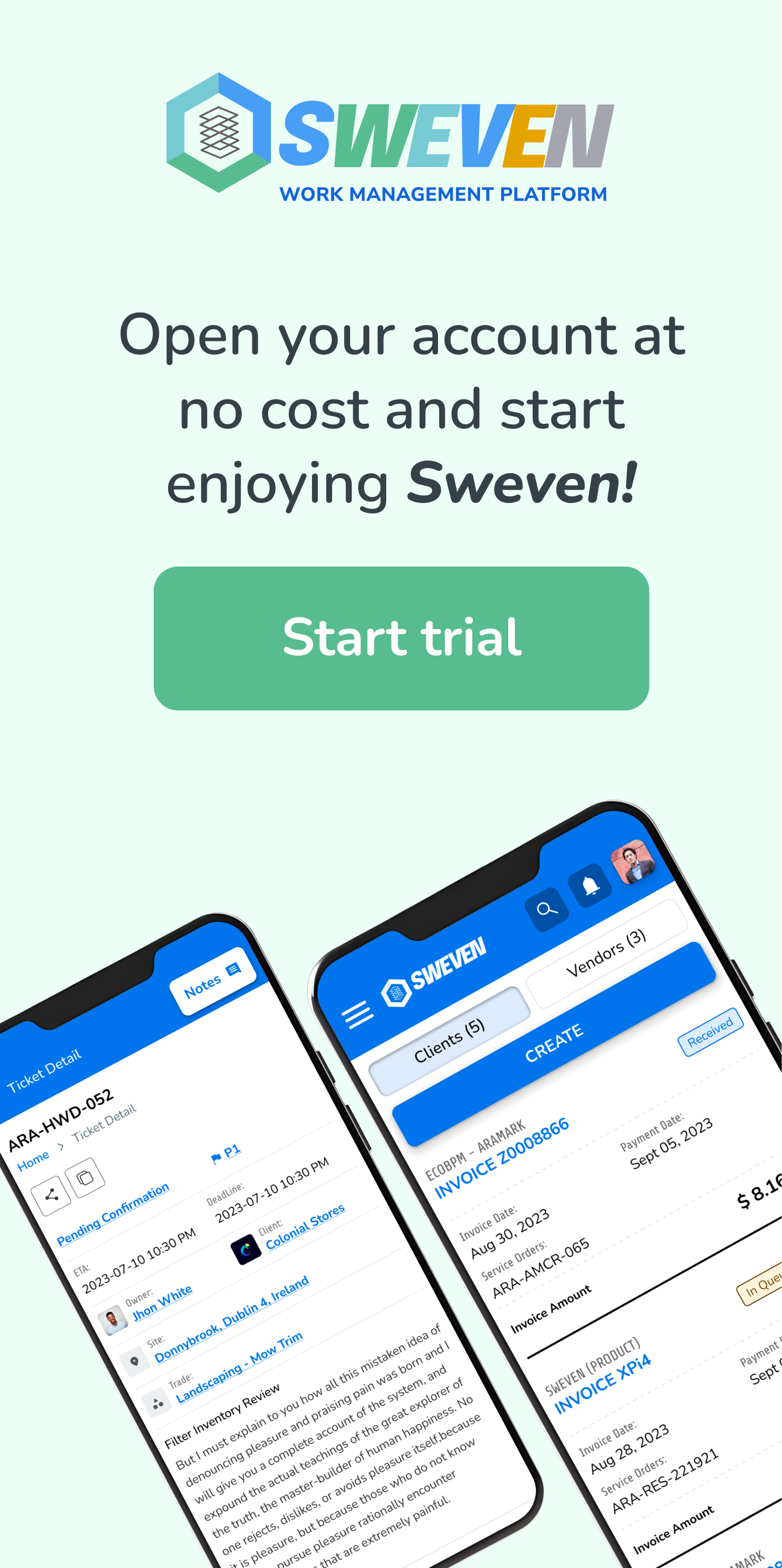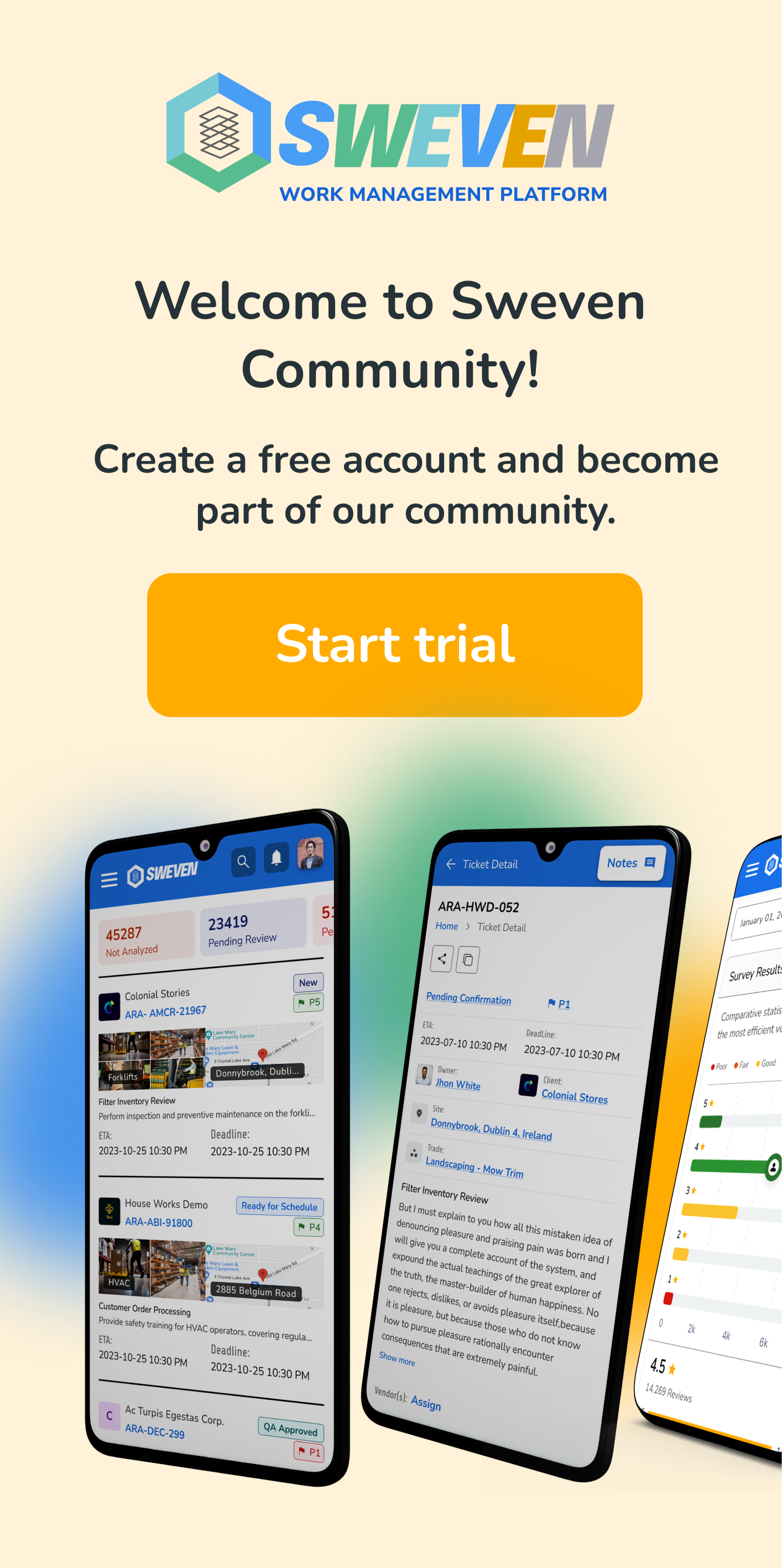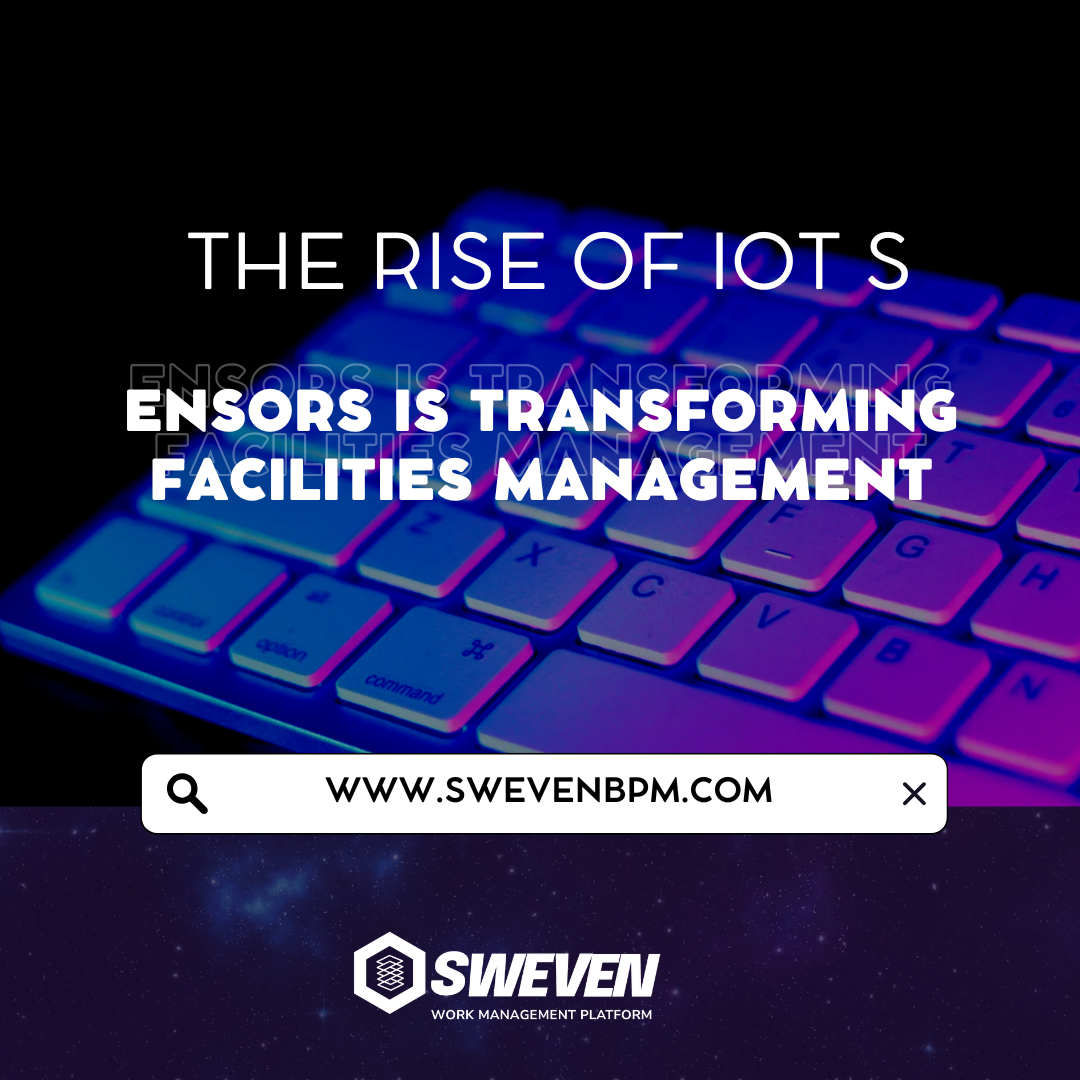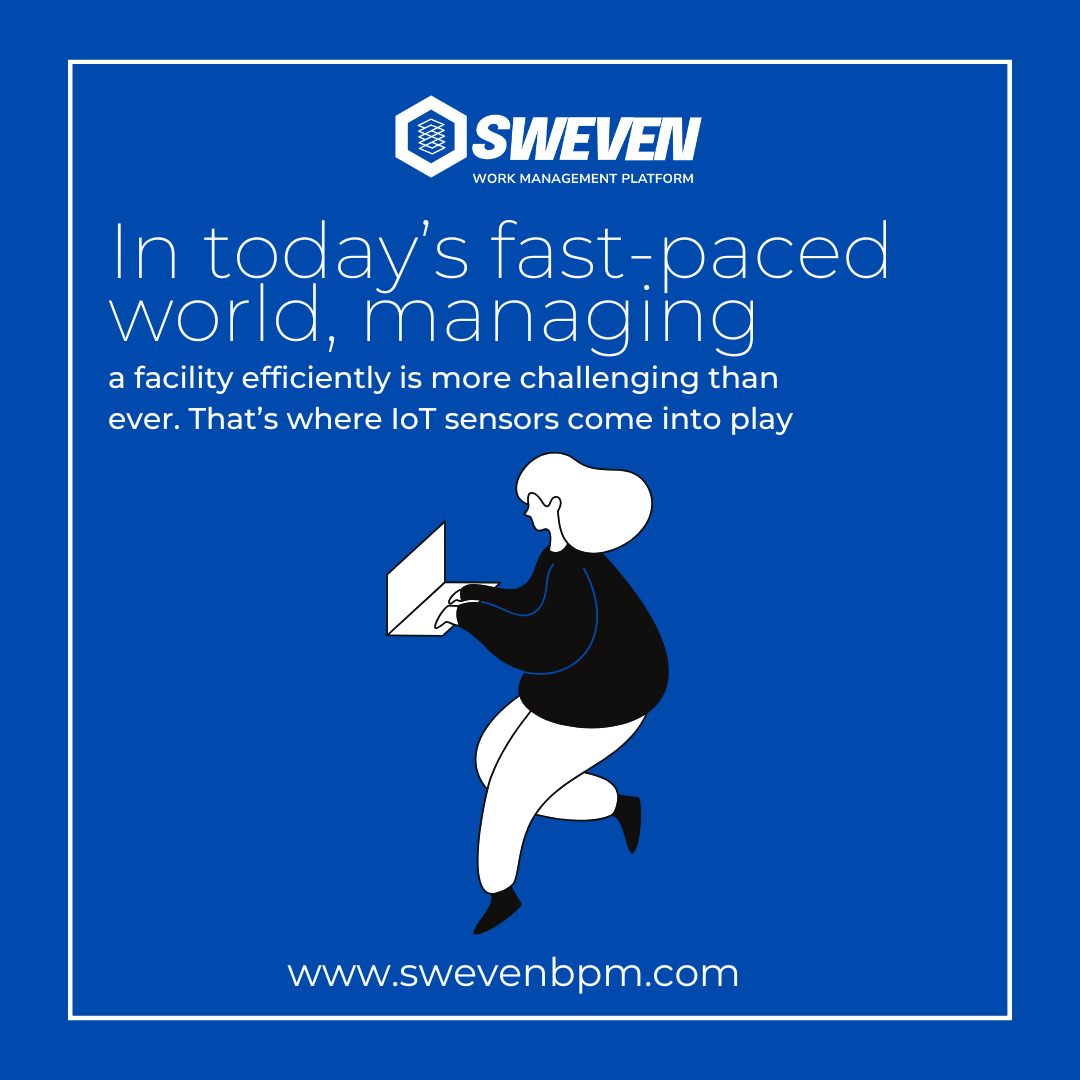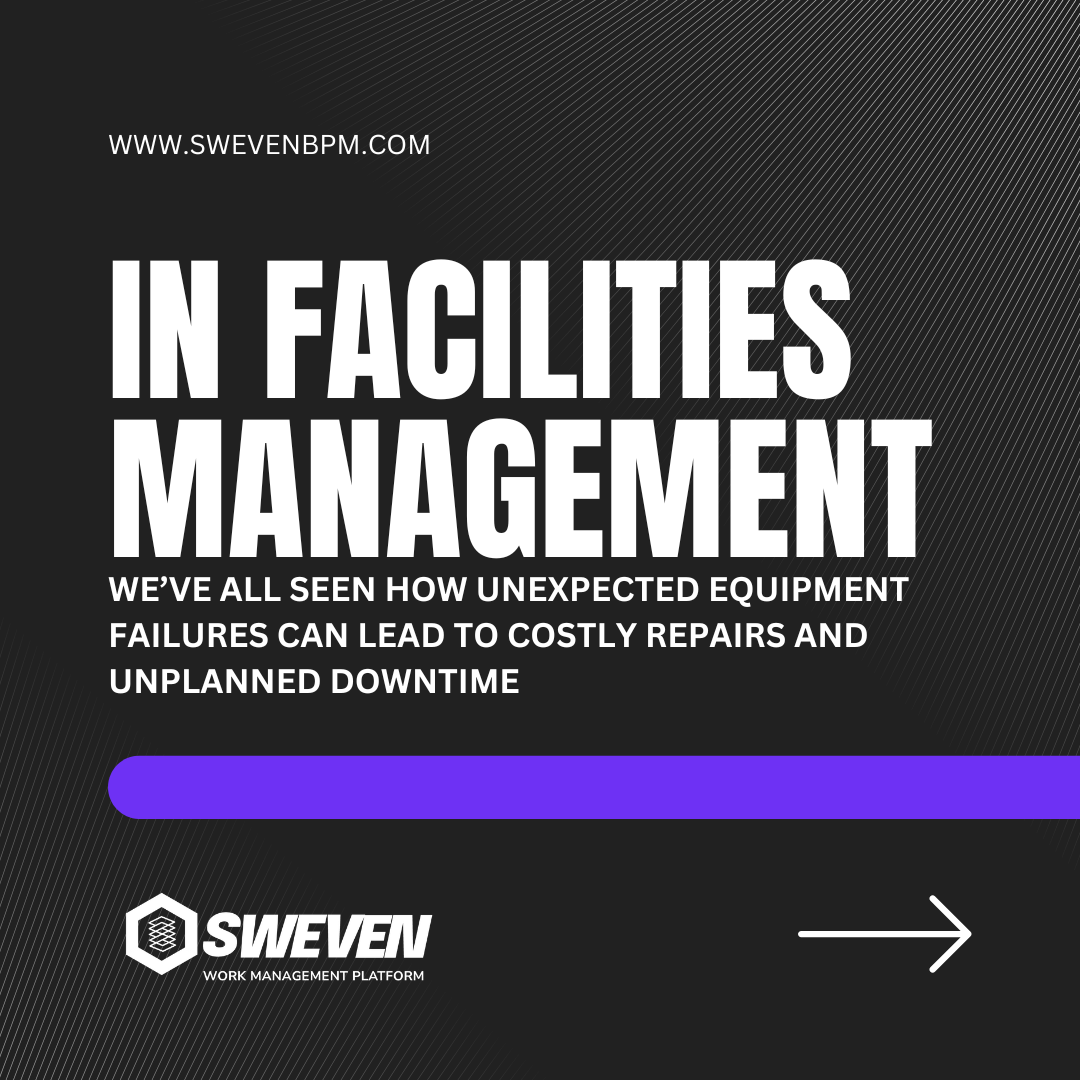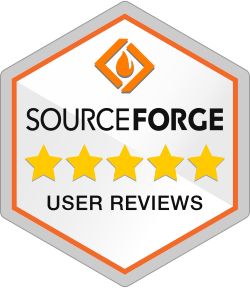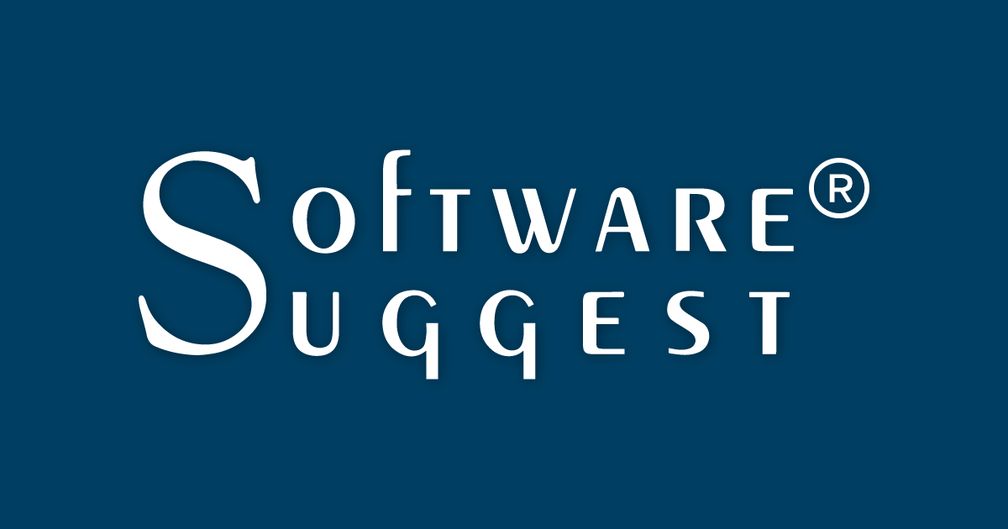Introduction:
In the realm of project management, efficient supply chain management is vital for ensuring timely project delivery and meeting customer expectations. However, many organizations struggle with optimizing their supply chain operations, leading to delays and inefficiencies in project execution. To address this challenge, leveraging project management tools for efficient supply chain coordination is crucial. In this blog post, we explore how the utilization of project management tools can streamline procurement processes, enhance logistics with vendors, and ultimately improve project timelines and customer satisfaction.

The Challenge of Optimizing Supply Chain Operations
Managing a supply chain involves numerous complex processes, including procurement, inventory management, and logistics coordination. However, without proper coordination and visibility, organizations may encounter challenges such as delays in material procurement, disruptions in logistics, and inefficiencies in resource utilization. These issues can ultimately impact project timelines, customer satisfaction, and overall business performance.
The Solution: Utilizing Project Management Tools for Supply Chain Coordination
Project management tools offer a comprehensive solution for optimizing supply chain operations and enhancing project timelines. These tools provide features such as task management, scheduling, and collaboration capabilities, allowing organizations to streamline procurement processes, coordinate logistics with vendors, and ensure timely delivery of materials and resources.

Key Benefits of Utilizing Project Management Tools for Supply Chain Management:
- Efficient Procurement Processes: Project management tools enable organizations to streamline procurement processes by centralizing purchase requests, tracking orders, and managing vendor communications. This ensures timely procurement of materials and minimizes delays in project execution.
- Streamlined Logistics Coordination: With project management tools, organizations can coordinate logistics with vendors more effectively, tracking shipments, monitoring delivery schedules, and addressing any issues or delays promptly. This ensures smooth transportation and delivery of materials to project sites.
- Resource Optimization: By optimizing supply chain operations, project management tools help organizations allocate resources more efficiently, reducing waste and improving resource utilization. This ensures that resources are available when needed, minimizing project delays and cost overruns.
- Real-time Visibility: Project management tools provide real-time visibility into supply chain activities, allowing stakeholders to track progress, identify bottlenecks, and make informed decisions to mitigate risks and ensure project success.
- Enhanced Collaboration: Project management tools facilitate collaboration among project teams, vendors, and other stakeholders involved in the supply chain.
Implementation Strategy:
- Assessment of Current Processes: Evaluate existing supply chain processes, identify pain points, and define specific objectives for improvement.
- Selection of Suitable Project Management Tools: Research and choose project management tools that offer robust supply chain management features and align with organizational needs and workflows.
- Integration with Existing Systems: Integrate project management tools with existing ERP systems, inventory management software, and other relevant systems to ensure seamless data exchange and workflow integration.
- Training and Adoption: Provide comprehensive training to supply chain teams on using project management tools effectively and encourage adoption across the organization.
- Continuous Improvement: Regularly monitor supply chain performance, gather feedback from users, and identify areas for improvement to optimize processes iteratively.

Streamlined Supply Chain Management: Enhancing Project Timelines with Project Management Tools
Conclusion:
In conclusion, leveraging project management tools for supply chain coordination is essential for optimizing operations, enhancing project timelines, and improving customer satisfaction. By streamlining procurement processes, coordinating logistics with vendors, and optimizing resource utilization, organizations can minimize delays and inefficiencies in project execution. Embracing a technology-driven approach to supply chain management not only improves project outcomes but also drives organizational efficiency and competitiveness in today’s dynamic business environment. Ultimately, investing in efficient supply chain management is key to achieving timely project delivery and delivering value to customers.
